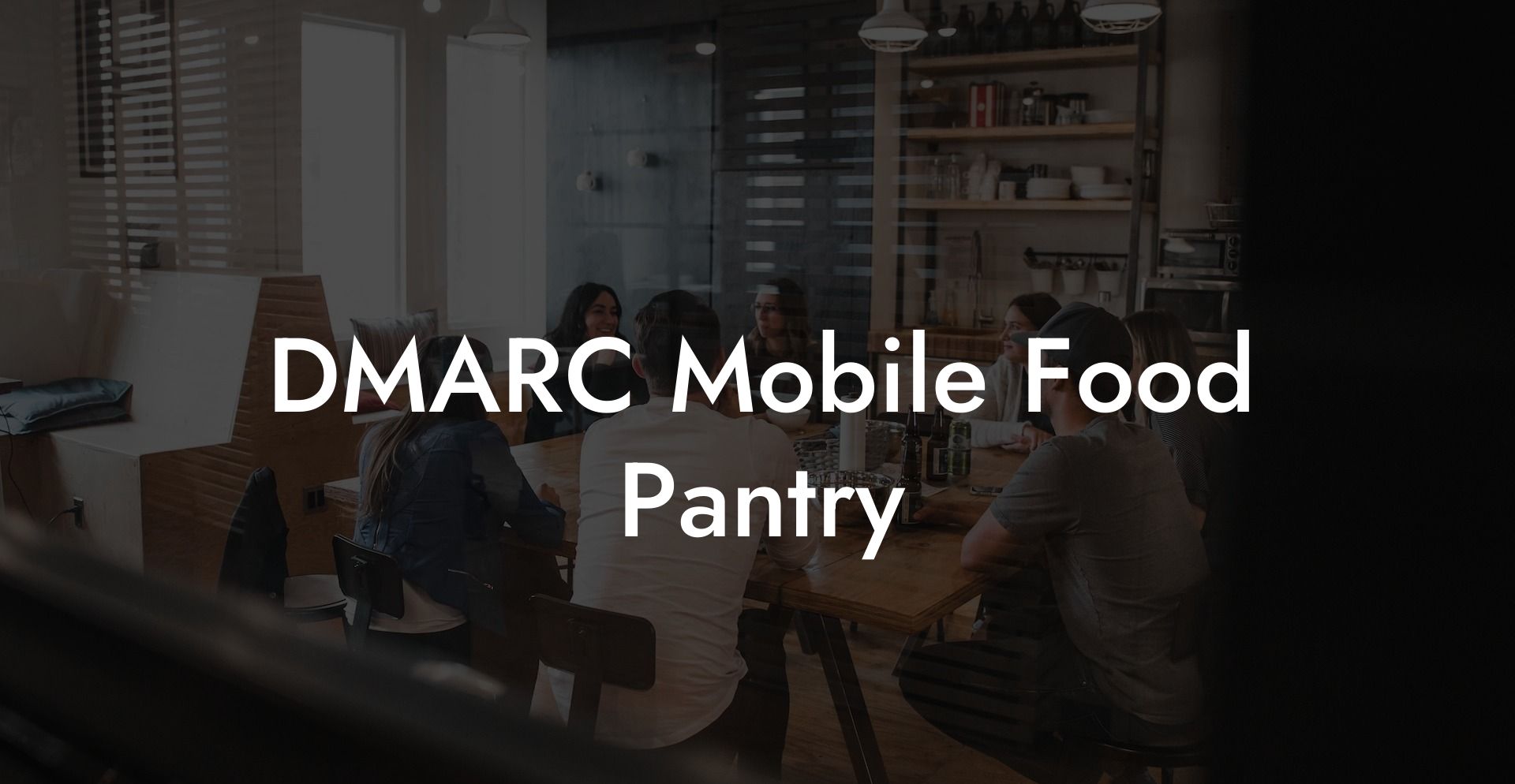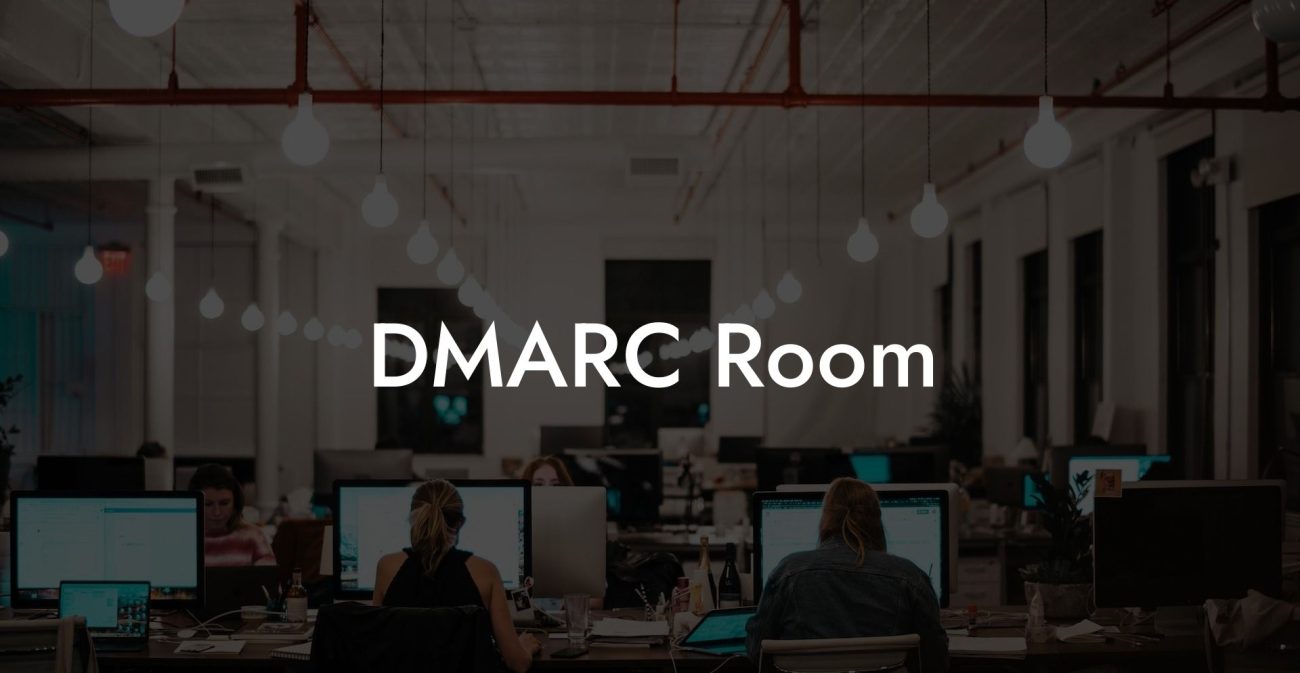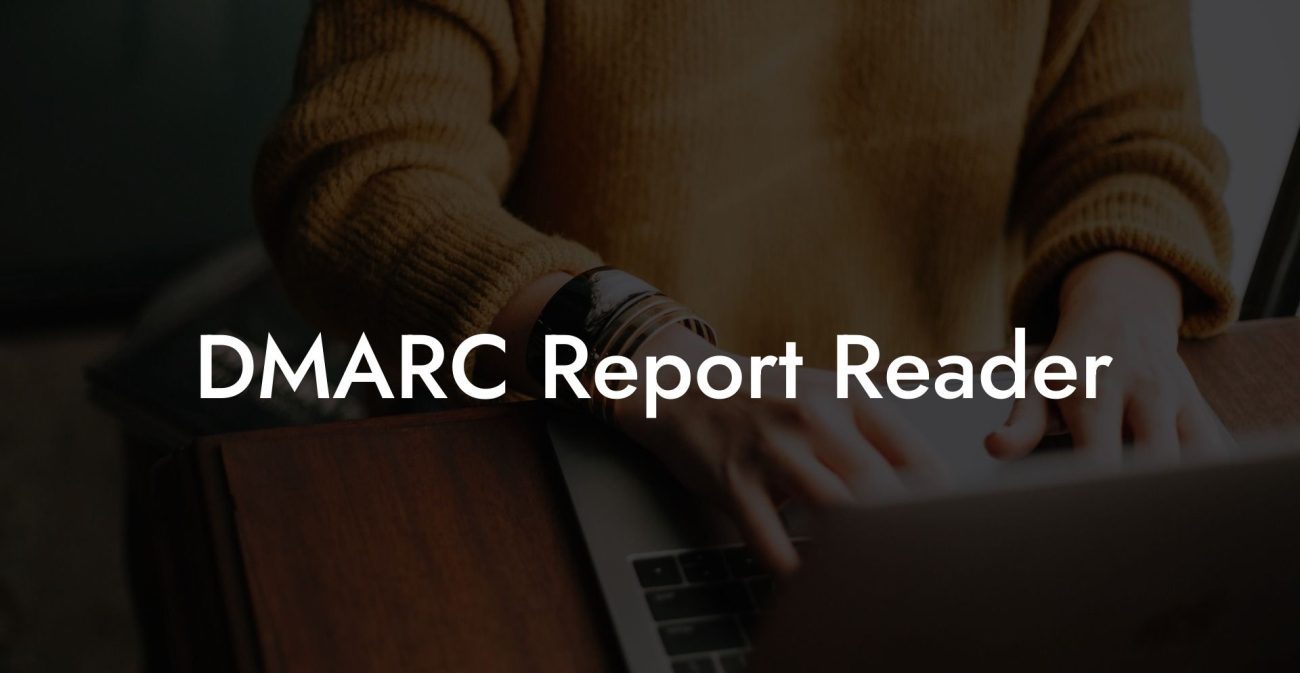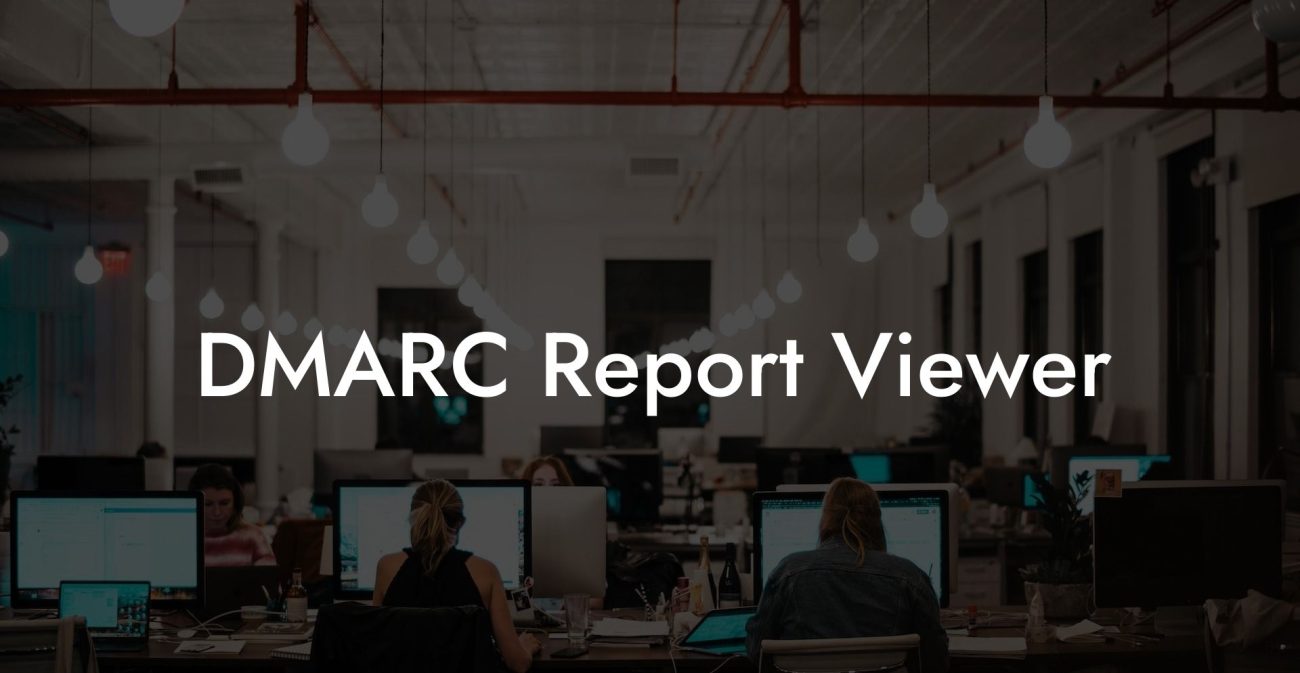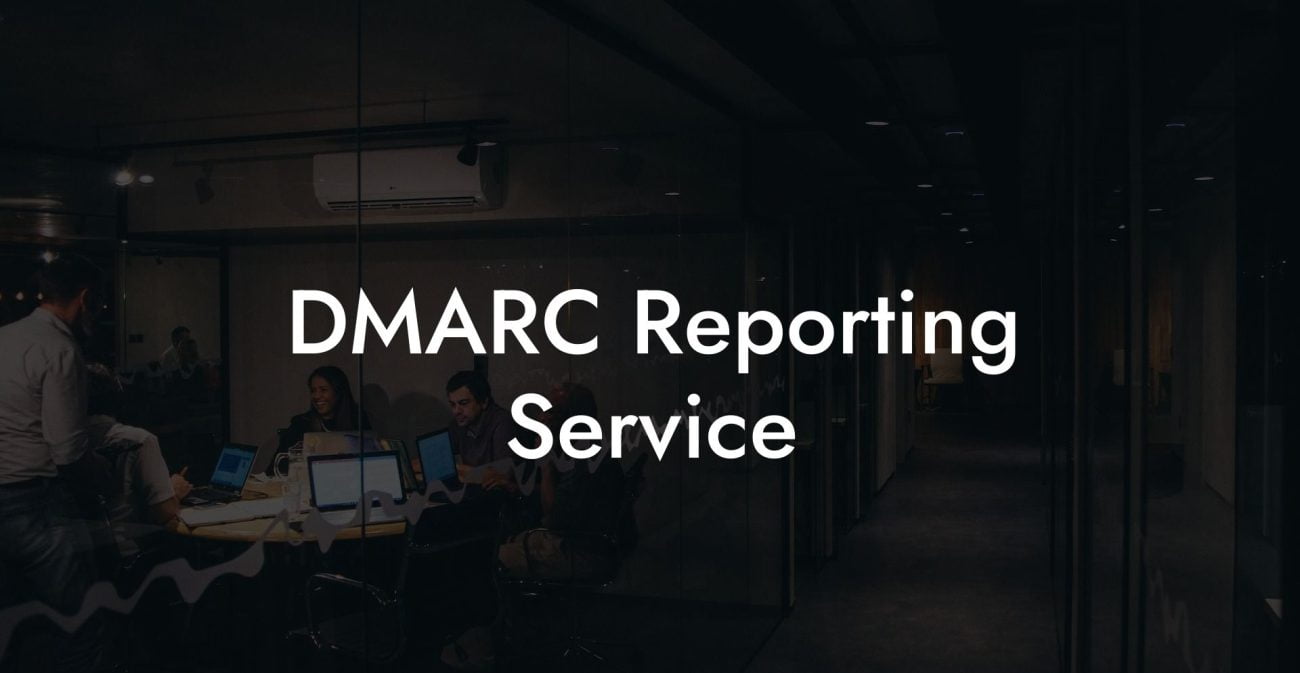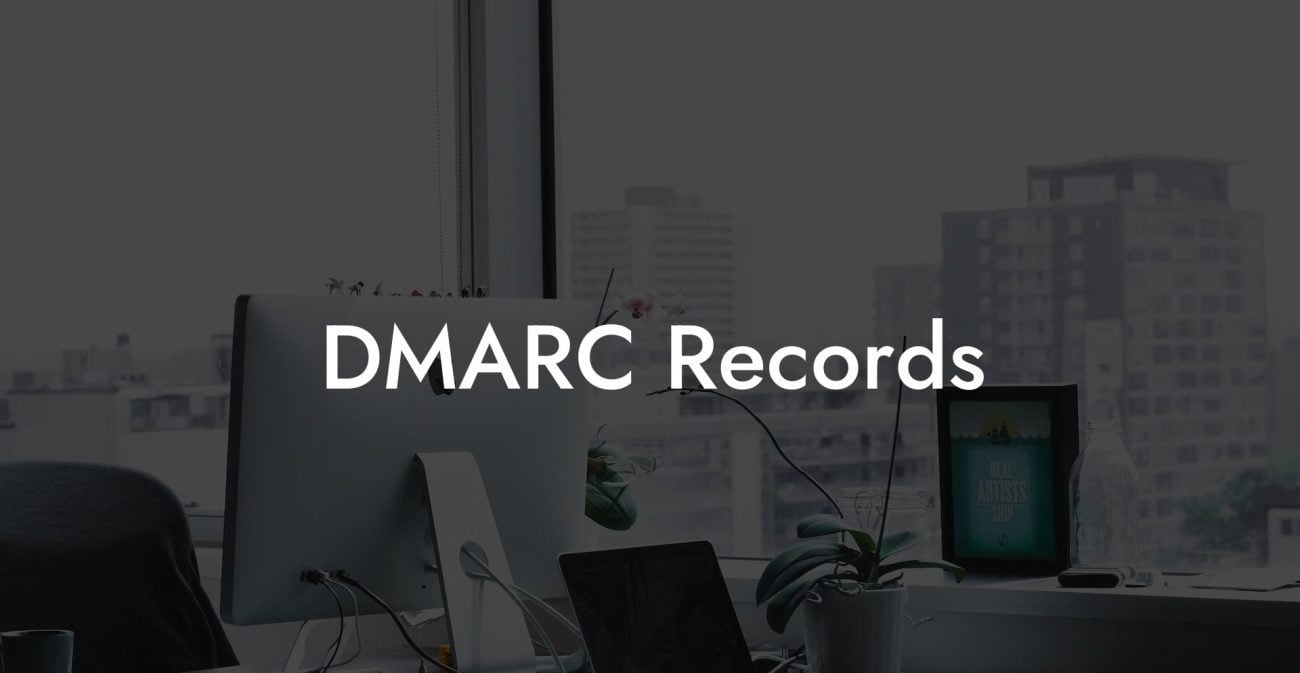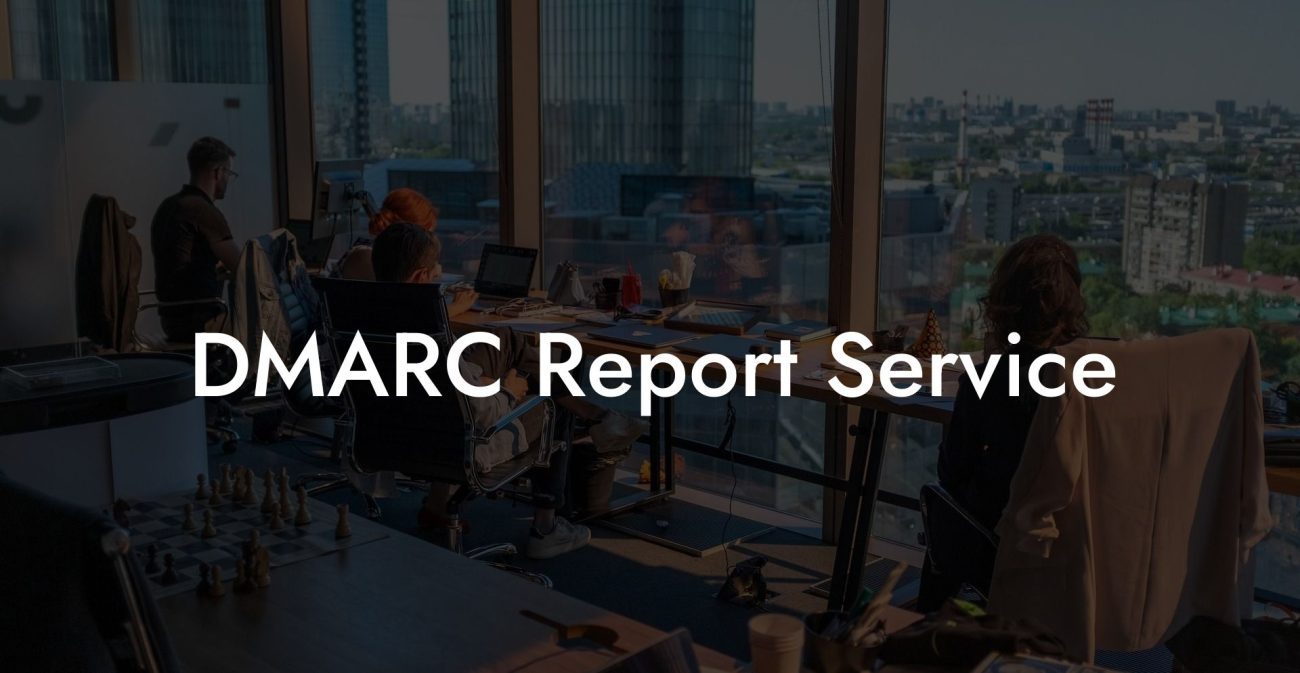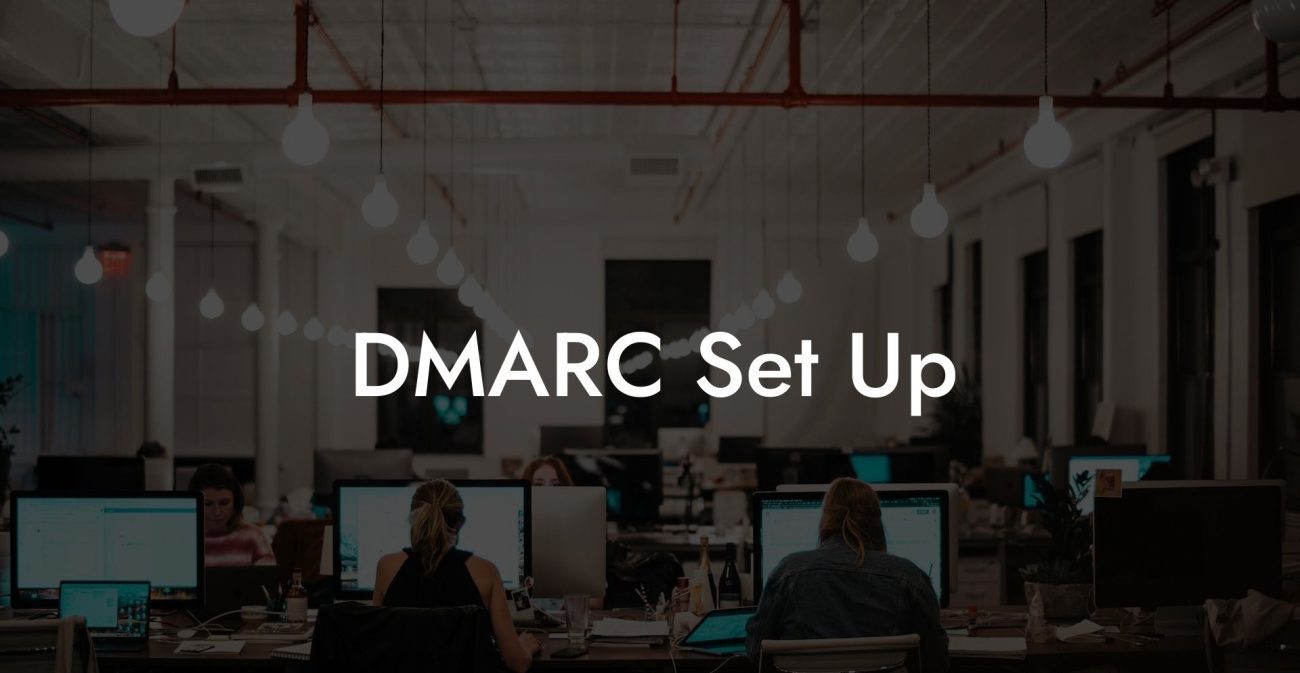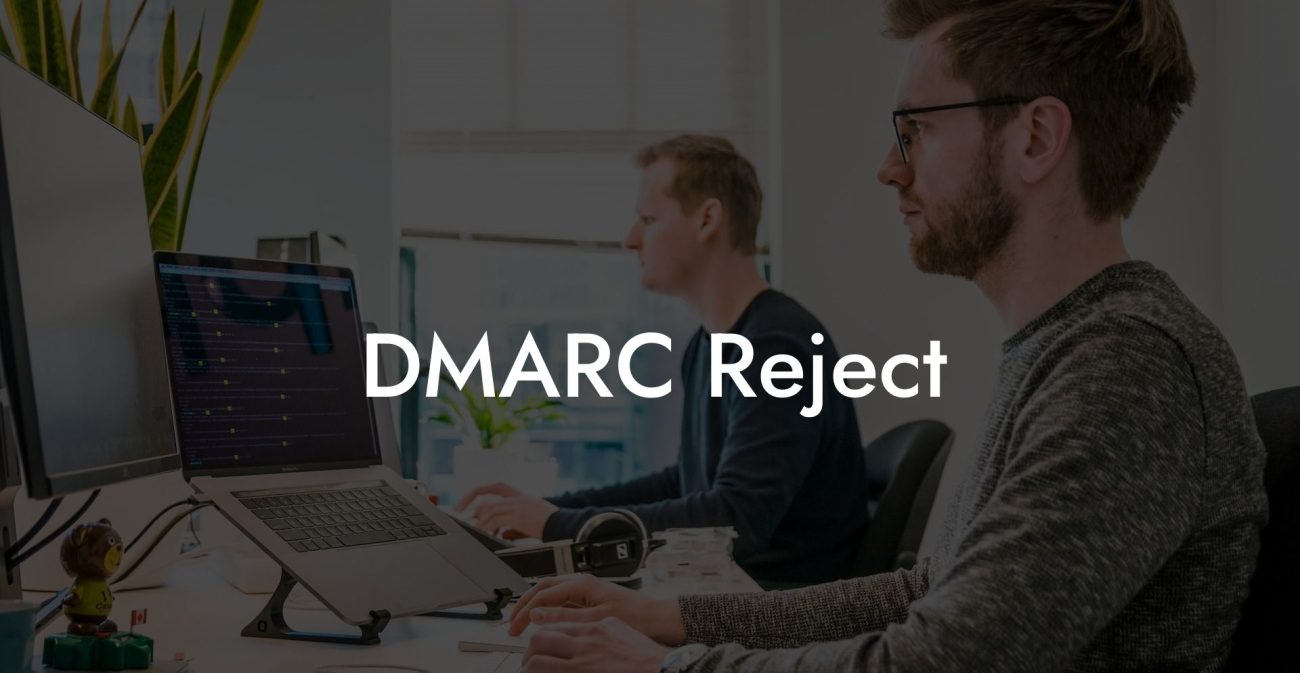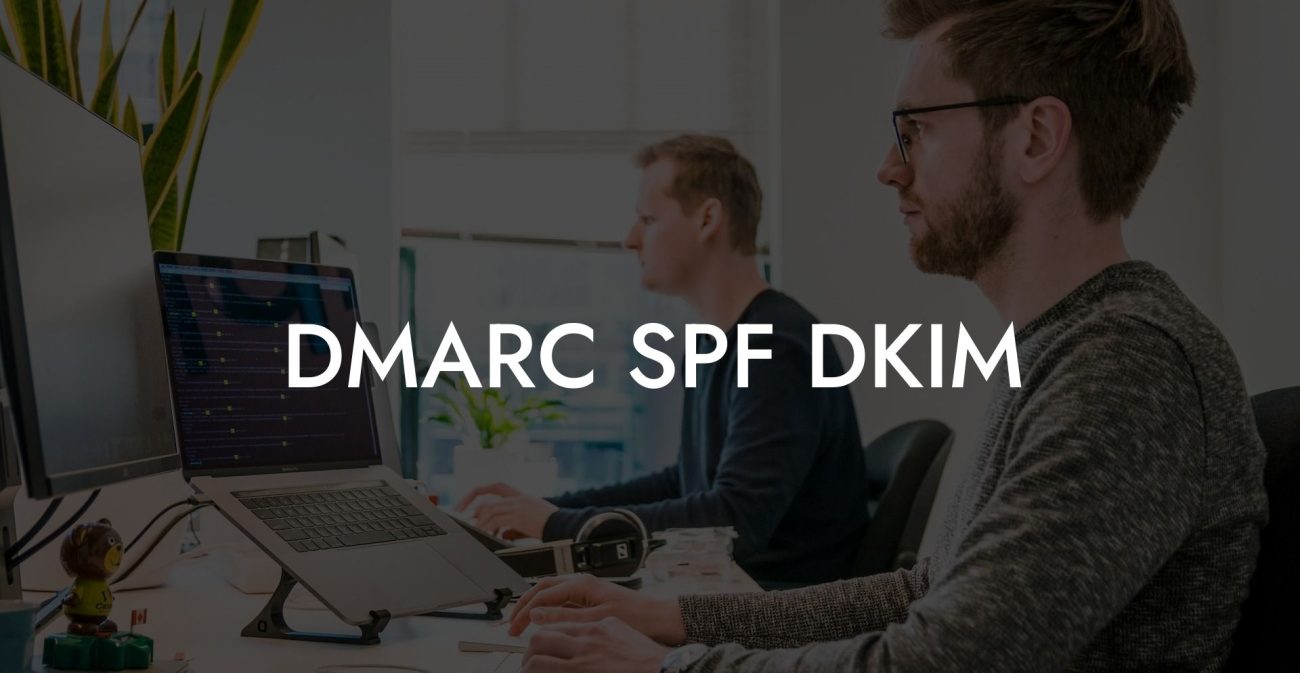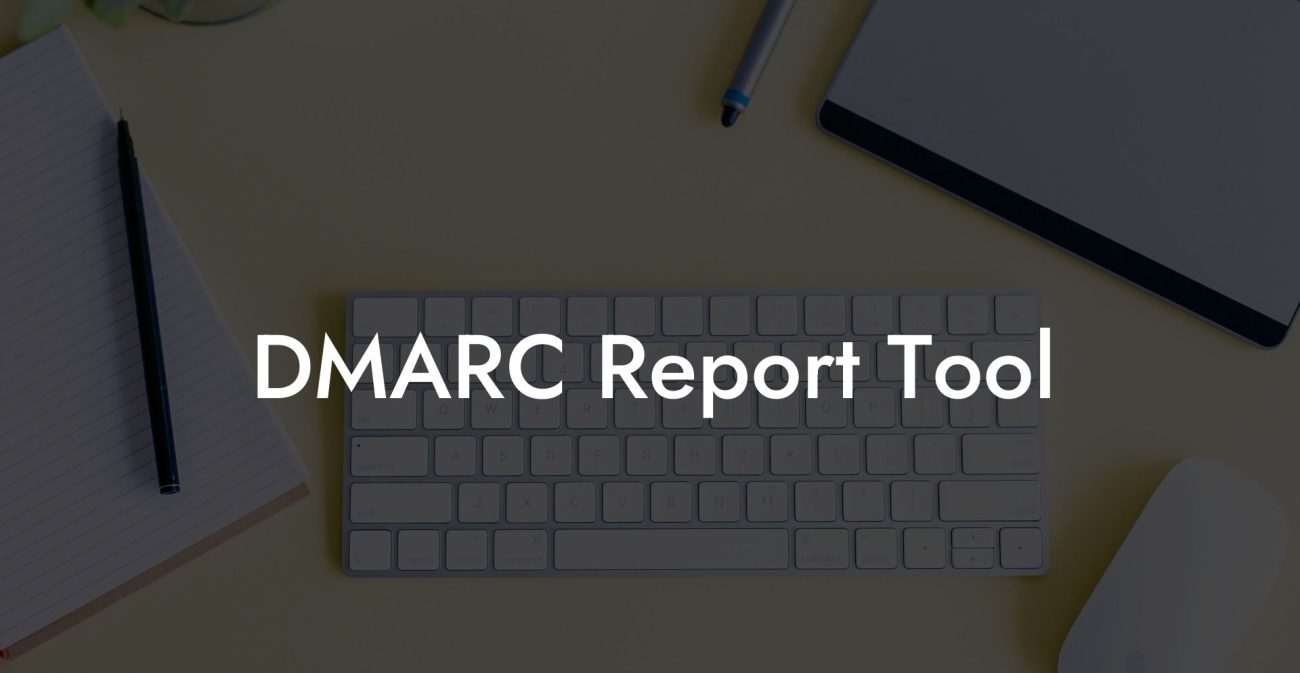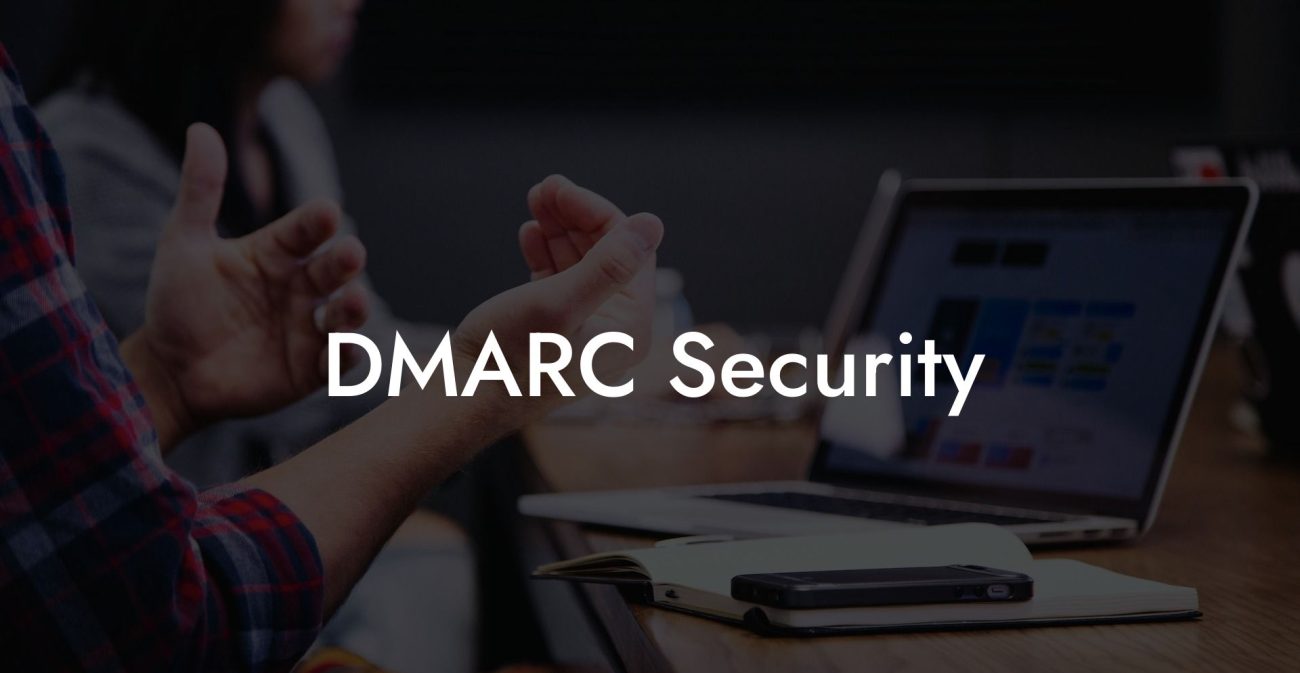In today's digital age, cybersecurity is a primary concern, and email scamming poses a considerable threat. DMARC (Domain-based Message Authentication, Reporting, and Conformance) has been developed to protect users from these scams by enabling organizations to authenticate their email communications. This blog post will examine how DMARC works and how it can be employed in a mobile food pantry setting to ensure the security of communications between organizations, donors and, volunteers. Let's delve deeper into the world of email safety and explore the benefits of using DMARC to protect your organization's communications.
What is DMARC?
DMARC is an email authentication protocol designed to combat fraudulent emails and protect users' inboxes. Integrating SPF and DKIM protocols, DMARC improves their effectiveness and provides additional benefits such as enhanced visibility, detailed reporting, and reduced false positives.
How DMARC Works
SPF (Sender Policy Framework)
- This protocol verifies that an email is coming from a valid domain by checking the sender's IP address
- SPF prevents unauthorized parties from sending emails on behalf of a domain
DKIM (DomainKeys Identified Mail)
- This authentication system allows a sender to put a digital signature on an email, ensuring its legitimacy
- DKIM confirms that the email content hasn't been tampered with during transit
Protect Your Data Today With a Secure Password Manager. Our Top Password Managers:
By combining these protocols, DMARC effectively adds a layer of security that ensures the authenticity of email communication, preventing unauthorized parties from impersonating a legitimate organization.
Benefits of DMARC in a Mobile Food Pantry
Protecting Your Organization’s Reputation
Fraudulent emails can lead to financial losses or tarnish your organization's image. Implementing DMARC safeguards your credibility, maintaining the trust of donors and volunteers.
Enhancing Cybersecurity
DMARC helps prevent phishing attacks, which are attempts to trick users into revealing sensitive information. By reducing the risk of phishing, you ensure the safety of your organization's data and communications.
Reporting and Feedback
DMARC provides detailed analytical reports, offering insights into your organization's email delivery success rate, sources of potential threats, and areas for improvement.
Inbox Deliverability
Using DMARC enhances email deliverability, ensuring your organization's messages are more likely to land in the recipient's inbox rather than being falsely flagged as spam.
DMARC Mobile Food Pantry Example:
Imagine a mobile food pantry that relies extensively on email communication to coordinate with donors, volunteers and other stakeholders. Unfortunately, an attacker impersonating the food pantry sends out fraudulent emails soliciting donations to a fake account. The recipients of these phishing emails report losses and suspect the food pantry of misconduct, leading to a damaged reputation and mistrust within the community.
By implementing DMARC, the mobile food pantry can prevent such attacks and ensure that only legitimate emails from authorized senders reach the inbox of recipients. They can also monitor and analyze their email communication, making necessary adjustments for improved security. As a result, the food pantry restores its credibility and strengthens its relationship with donors and volunteers.
In conclusion, DMARC offers an effective solution for mobile food pantry organizations to safeguard their email communications and protect their reputation. By leveraging DMARC, organizations can uphold trust, enhance the security of their communications, and improve overall efficiency. Don't wait for an email security crisis to strike - embrace DMARC and safeguard your organization now! Please feel free to share this post with your friends in the non-profit community and explore our other guides on Voice Phishing to stay informed about cybersecurity.
Protect Your Data Today With a Secure Password Manager. Our Top Password Managers:

